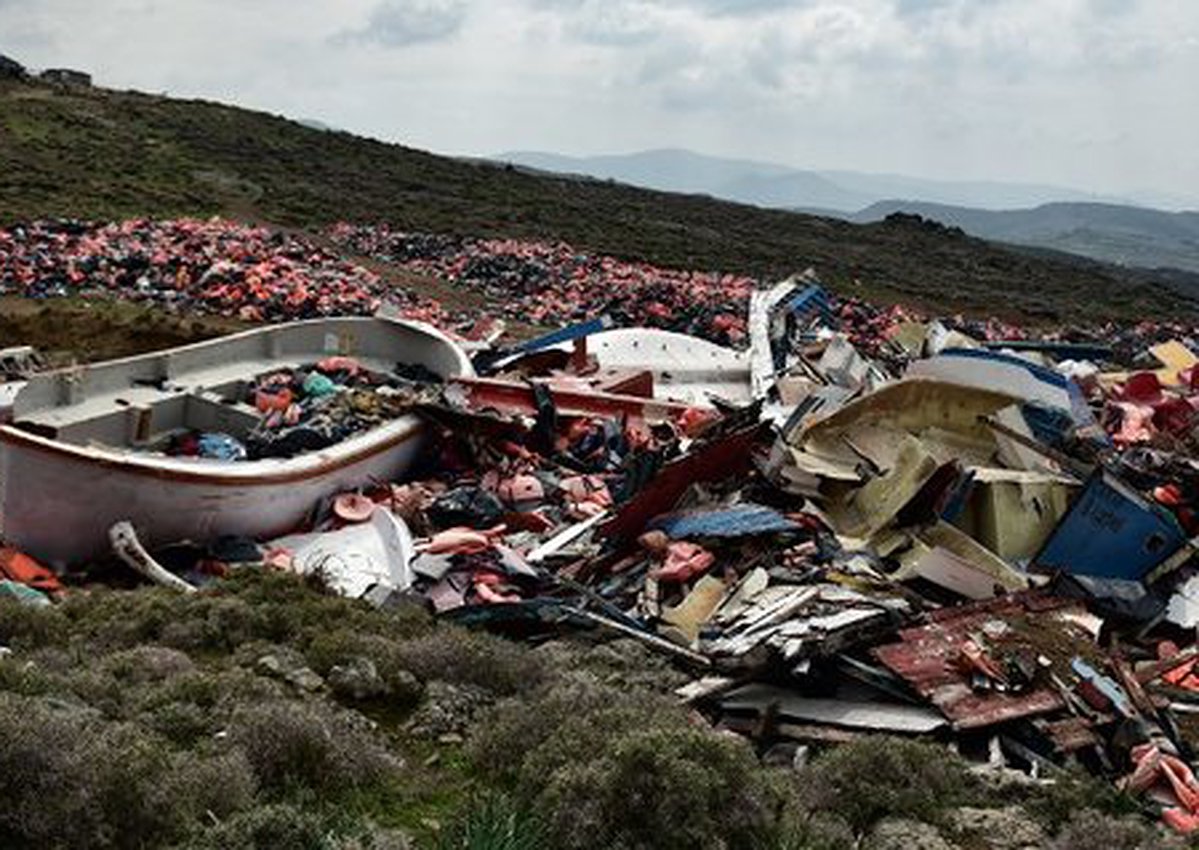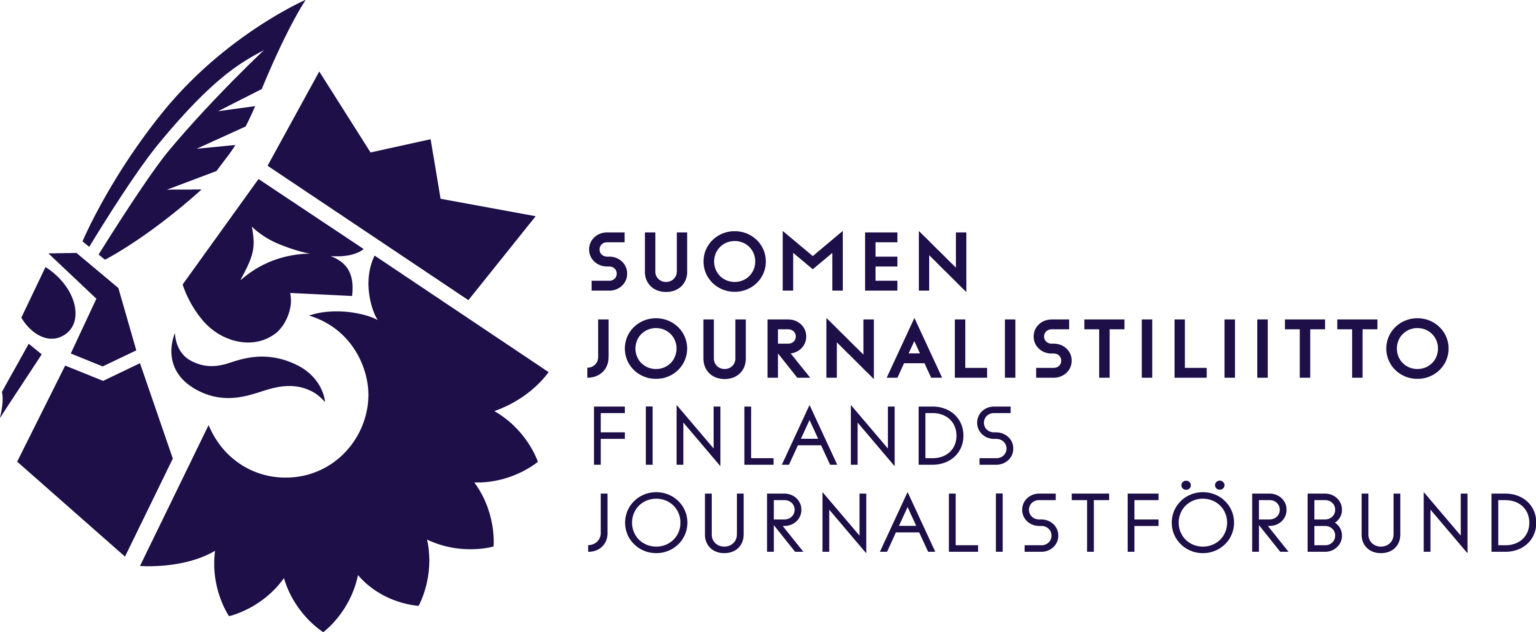It’s been more than two years since Will Vassilopoulos first travelled to Lesbos to cover the refugee crisis as a video journalist for Agence France-Presse.
Back in April 2015, he was one of the first journalists on the Greek island to document the plight of the migrants travelling to Europe, who by the end of the year had numbered more than one million.
As a Greek journalist, Vassilopoulos found himself witnessing the fall-out of a foreign conflict on familiar land, and in the difficult position of balancing the roles and responsibilities of reporting with his desire as a human being to help with the tragedy unfolding in his homeland.
“For sure, you’re keeping your journalistic integrity, you’re not changing history,” he says, but “the problem is there is so much grey”. “Back in those days, there wasn’t any media coverage, no authorities, no NGOs. Back then, if they needed a helping hand, you were the only one on hand and you had to make that choice to help.” Since then Vassilopoulos says he has become “comfortable with feeling uncomfortable” - though he’s still not entirely comfortable with having been awarded the Rory Peck Award for News on the back of the suffering of others.
Vassilopoulos’ emotional response to the refugee crisis is not unique. This month the Reuters Institute for the Study of Journalism published a report that I co-authored entitled The Emotional Toll on Journalists Covering the Refugee Crisis. Supported by the International News Safety Institute, it combined a confidential study of journalists from nine European and American news organisations with a wide range of conversations with journalists, including Vassilopoulos, and news managers.
Moral injury emerged in the report as the single biggest psychological challenge facing journalists covering the refugee crisis. This is the first study of its kind that casts light on this issue, which is linked to a profound sense of shame and guilt and a sense of having lost one’s moral compass. Unlike post-traumatic stress disorder (PTSD) and depression, moral injury is not a mental illness but it can cause significant distress and can be a harbinger of PTSD if not treated effectively.
The unprecedented nature of the refugee crisis, both in terms of its scale and the proximity to home for many journalists, caught many news organisations unawares. Our report shows that many journalists were affected psychologically by covering this story even though it posed no real risk to their physical safety.
Jonathan Paterson, who was BBC World’s newsgathering deployment editor at the time of the crisis, described it like this: “It wasn’t dangerous really. Although people were obviously fleeing a war zone, by the time they reached us, there were no huge dangers, violence, in which these people were moving - with [the] exception of obviously the seas. But the experiences that these people had gone through were nonetheless traumatic. They were refugees from their own country, they were often bringing families and children and that raised all sorts of issues for us and I think the impact on staff was a little bit unexpected.”
Because of the scale of the story and its proximity to many of the news bureaux that were covering it, organisations like the BBC deployed a large number of people with differing levels of experience, something which Paterson said also posed a challenge in terms of understanding how people might react. Indeed, the report found that certain kinds of individuals were more at risk of moral injury. These included journalists who worked alone, those with no previous experience of conflict, those who perceived their workloads had increased in the previous year, and who felt they had less control over their resources, as well as those who felt they did not have enough support from their news organisations.
Parents and journalists who were covering local stories were also in this group. Phil Chetwynd, global editor-in-chief of AFP, explained it in this way: “People have talked a lot about being impacted by the children, everywhere you go there are children and how distressing it is to see children in those situations and again because you’re on safe soil and because you’re often going home every day or quite quickly to your family, that certainly seems to have had an impact.”
Vassilopoulos says one of the hardest things for him was reintegrating with his family: “If I were to say what is more difficult in this crisis, getting over the images of the dead people, or going on a mission that is long – 10 days long – and then going home, opening the door and automatically being a father and husband, I think that is the most challenging thing.”
One of the ways he dealt with his experiences was by taking his family with him to briefly visit Idomeni, site of a refugee camp near the Greek border with Macedonia.
“It wasn't raining, but it had the previous days and everything was muddy and miserable. My daughter, who was six at the time, drew a picture back in Athens depicting tents and people with sad faces."
"The fact that my wife came to the camp – she only saw half an hour of it, but I think it was something good, because, somehow, she saw my world and I think ever since, she lets me decompress, as soon as I get home, as soon as I reach my safe haven, before I automatically take on the all the responsibilities of the husband and father."
The report shows how moral injury is strongly associated with journalists becoming actively involved in helping refugees. The industry needs to reach consensus on defining appropriate expectations in situations such as these. Good journalists will of course feel moved by the migration crisis, but they cannot fix it and should not attempt to do so.
Here journalists need to understand where their emotions are coming from and that it is okay to feel distress in the context of what they are witnessing. However, when the lines are blurred and journalists start regularly assisting migrants, emotions can unravel.
To prevent this from happening, it is recommended that education about moral injury and other emotional responses to journalists’ work, should begin before deployment and be part of individual debriefings on return. The report encourages senior journalists and managers to lead by example and have conversations with their staff about their expectations and experiences. Reaching out for assistance in dealing with it should be encouraged and not come at the risk of endangering career prospects.
These are just some of the considerations offered in the conclusion of our report, which acknowledges there can be no ‘one size fits all’ approach to mental health. Being the first time that moral injury has been studied in connection with the media, it marks an important step into understanding that there is more to trauma than PTSD and that with more research, more can be done to help support those who might be exposed to stories of a traumatic nature in areas of non-conflict.
INSI's report, The Emotional Toll on Journalists Covering the Refugee Crisis
This article was first published on the BBC Academy blog and is republished here with the kind permission of the BBC.
Image by AFP





























































